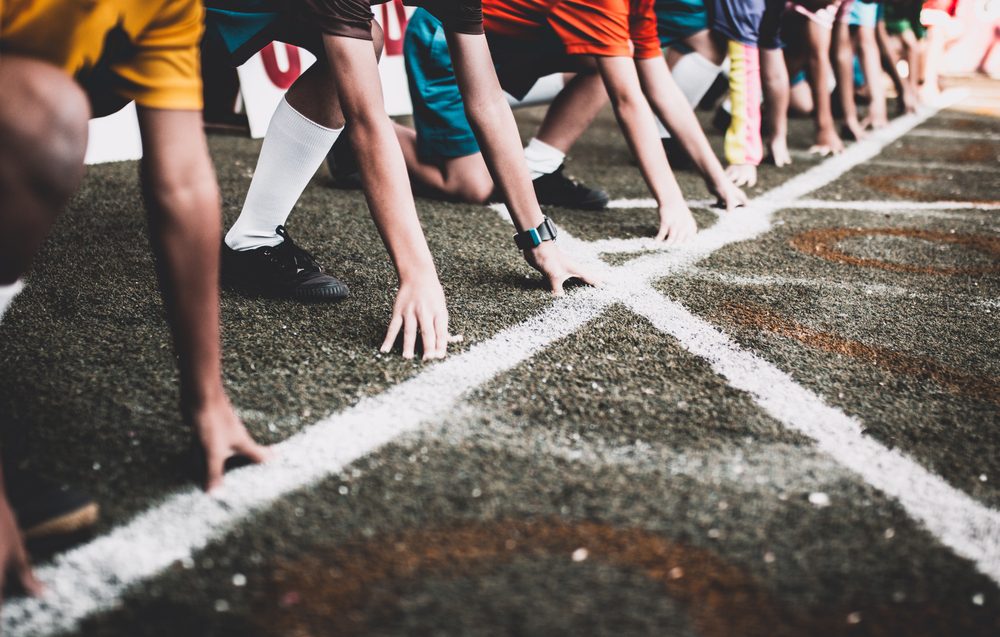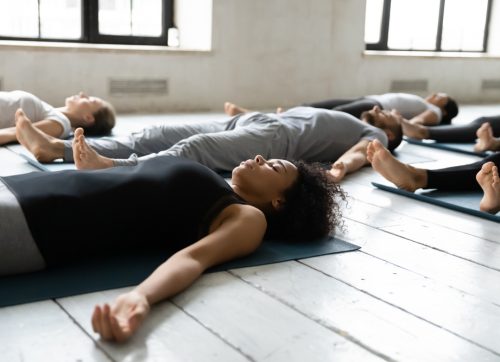
Competition is a Weakness: Embracing Collaboration in Athletics
In the ever-evolving landscape of sports and athletics, competition is a driving force behind progress and achievement. Athletes, coaches, and enthusiasts alike have held the belief that pitting oneself against opponents of equal or greater skill is the surest path to improvement.
- Author:
- Christopher Truffa
- Date:
- August 22 2023
In the ever-evolving landscape of sports and athletics, competition is a driving force behind progress and achievement. Athletes, coaches, and enthusiasts alike have held the belief that pitting oneself against opponents of equal or greater skill is the surest path to improvement.
However, a new perspective challenges this conventional wisdom – one that views competition as a weakness and underscores the power of collaboration and humility in pursuing excellence.
Across various fields, from team sports to individual disciplines, the prevailing sentiment has always been to strive to be the best, to outshine rivals, and to claim victory. But as athletes delve deeper into their journeys, they realize the limitations of this mindset. Athletes increasingly discover the strength of recognizing their vulnerabilities and seeking out those who excel in areas where they may fall short.
I have long said, "I'd rather be the dumbest one in a room full of smart people because I'll be the only one that leaves the room improved."
Thoughts like that encapsulate this transformative perspective on competition. Instead of viewing the presence of superior talent as a threat, athletes are beginning to embrace the idea that it is a valuable opportunity for growth. This philosophy champions collaboration over rivalry, fostering an environment where knowledge and skills, freely exchanged, lead to collective progress.
Michel Foucault is a philosopher who aligns with collaboration over competition. While his work primarily focuses on power dynamics, knowledge, and social institutions, his thoughts on collaboration and self-development are relevant to the discussion.
Foucault's ideas, particularly from his later works like "The Care of the Self" and "Technologies of the Self," emphasize the importance of cultivating relationships with others and engaging in self-improvement through interactions with those with different knowledge and perspectives. He believed that seeking out mentors, engaging in dialogues, and embracing the wisdom of others can lead to a more enriched understanding of oneself and the world.
In this context, Foucault's philosophy resonates with viewing competition as a weakness – that collaboration and learning from others can be more beneficial than engaging solely in competitive endeavors. While Foucault's work might not directly address athletics, his ideas about the transformative power of interpersonal relationships and shared knowledge provide a philosophical foundation for embracing collaboration and overcoming insecurities in various domains, including sports.
Consider the world of mixed martial arts (MMA), a sport known for its ferocity and individual prowess. As fighters grapple with opponents who may outclass them in certain aspects, they increasingly turn to cross-training and seek mentorship. A prime example is the relationship between veteran fighters and young prospects. Rather than shunning potential successors, these seasoned athletes are investing time and energy into grooming the next generation, ultimately raising the bar for the sport as a whole.
In a similar vein, the realm of business and entrepreneurship echoes this sentiment. Silicon Valley, a hub of innovation and competition, has witnessed a shift in how startups approach their goals. Instead of trying to outdo every other company, entrepreneurs are now more inclined to form strategic partnerships, collaborating on projects that leverage each party's strengths. This emphasis on mutual growth and learning fosters an atmosphere where innovation thrives and everyone benefits. It is this approach that we at We Move To Heal strive to create.
This movement extends beyond the confines of specific industries, infiltrating the realm of personal development and mental well-being. Athletes, like anyone else, grapple with insecurities and doubts. Yet, seeking out mentors and peers who can provide guidance and encouragement is a powerful antidote. Overcoming insecurities requires humility, which many may find challenging, but those who embrace it discover an untapped potential.
In a time where individualism and competition often overshadow collaboration, athletes who recognize the strength in unity are redefining success. As we witness the evolution of the sporting landscape, it becomes clear that the future belongs to those who can set aside their egos, recognize their weaknesses, and forge partnerships that transcend individual achievements.
The era of competition as a weakness marks a paradigm shift that acknowledges the wisdom in seeking help and learning from others. Athletes are challenging the idea that being the best necessitates standing alone at the summit. Instead, they realize that being surrounded by excellence propels them further and faster, creating a legacy that extends beyond personal victories and into the history books of shared accomplishments.
Are you ready to take the journey?
Take the journey and find your nature guide.


